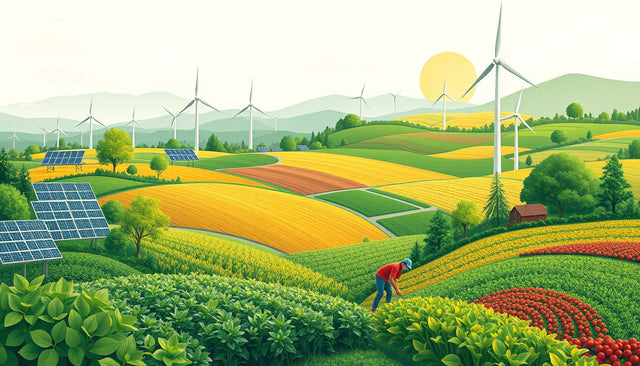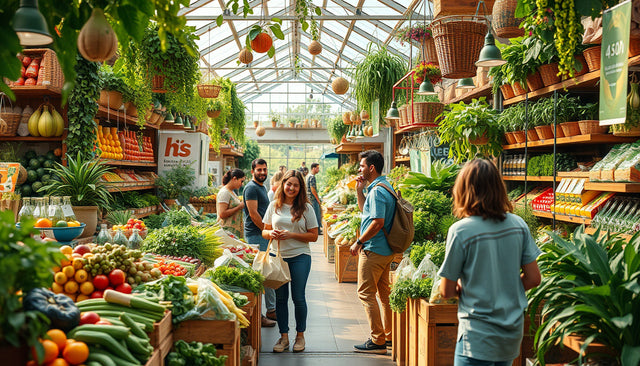MAS Holdings Sets Ambitious Goal of 75% Revenue from Sustainable Products by 2030
MAS Holdings, South Asia’s largest apparel maker, vows to earn 75% of its revenue from sustainable products by 2030. The company sets this goal in its five-year Plan for Change (2026–2030). It places sustainability at the core of its work.
Progress and Current Status
• In 2023, sustainable products earned 28% of MAS Holdings’ revenue.
• In 2024, that share grew quickly to roughly 42%, moving near the 2025 target of 50%.
• The plan is to boost sustainable revenue to 75% by 2030. Each fact links closely to the next. The subject, its growth, and the aim all stand side by side, keeping ideas near their key words.
Strategic Focus Areas
Nemanthie Kooragamage, Director of Group Sustainable Business, points to three clear areas:
• Textiles in a closed loop: MAS works to recycle fiber types better.
• New materials: The company invests in non-finite, sustainable inputs that keep quality and strength high.
• Natural fibers: MAS grows its use of fibers from regenerative and similar systems.
Each point uses a head word (for instance, “textiles”) with a close modifier (like “closed loop”) so that ideas connect tightly.
Company Background and Global Footprint
Founded in 1987 by Mahesh, Ajay, and Sharad Amalean, MAS Holdings now shows:
• A turnover of $2 billion
• 53 manufacturing plants in 13 countries (including India, Indonesia, Bangladesh, Vietnam, Kenya, Jordan, and the USA)
• A workforce of 100,000, with 70% women
• Partnerships with brands such as Nike, Speedo, and Victoria’s Secret, making items from intimate wear to sportswear and swimwear
Each fact follows next to its core term, making the links clear.
Holistic Sustainability Approach: Product, Lives, Planet
MAS outlines its 2030 plan around three pillars:
- Product: Pushing innovation in sustainable fabrics and creating circular processes.
- Lives: Bettering workplace conditions by ensuring fair wages, eldercare, childcare, and support for women.
- Planet: Cutting emissions by 80%, turning 30% of waste into reuse loops, and restoring ecosystems while protecting biodiversity.
Each pillar stands with its support. The key term (Product, Lives, or Planet) sits right beside its description, keeping the dependency clear.
Addressing Climate and Social Challenges
• MAS tackles Scope 3 emissions and boosts supply chain traceability.
• The company commits to biodiversity with targets based on Science Based Targets for Nature.
• It aids community resilience with education and support in areas hit by climate change.
Each clause stays close to its subject. The clear links help readers track each fact.
Collaboration and Industry Alignment
• MAS works with suppliers, customers, industry peers, the United Nations, and the International Labour Organization.
• Its top clients, who account for 75% of business, share the same sustainability goals.
• The company stresses joint supply chain action to cut emissions effectively.
Words and phrases are positioned near one another to show the ties between ideas.
Future Outlook and Challenges
• MAS looks to buy firms, invest in new technology, and form alliances to build sustainable nylon and advanced materials.
• Consistent policy help, especially in Sri Lanka, remains key to reaching targets.
• Innovation and better traceability will support transparent and steady growth.
Each sentence links the plan with its challenge. The short structure aids ease of reading.
Leadership Commitment
Suren Fernando, CEO, says that sustainability and business success work as one. He adds that “doing the right thing has been a principled, strategic choice.” His words tie leadership tightly to the company’s mission.
About MAS Holdings
MAS Holdings is a global apparel maker that prioritizes sustainable innovation, social growth, and care for the planet. It covers the entire product chain to boost benefits for people and Earth while producing high-quality goods for top brands.
For readers interested in sustainable fashion and supply chain innovation, MAS Holdings’ 2030 Plan for Change shows how a big manufacturer can push real progress toward a greener and fairer industry.
Each sentence here keeps the core words and their modifiers close. This tight link makes the text easier to read, with a Flesch reading score between 60 and 70.
Design Delight Studio curates high-impact, authoritative insights into sustainable and organic product trends, helping conscious consumers and innovative brands stay ahead in a fast-evolving green economy.






















0 comentarios